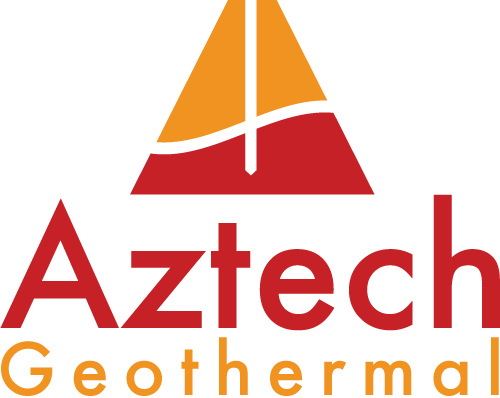Aztech Presents on Networked Geothermal Systems for Capital District Engineers' Week

February 16, 2023 @ 11AM
Networked Geothermal Heat Pump Systems as an Alternative to Natural Gas
As New York’s Climate Law moves towards implementation, Networked Geothermal Heat Pump (GHP) systems are emerging rapidly. Last summer the passage of the Inflation Reduction Act (IRA) expanded and extended federal tax incentives for GHPs to unprecedented levels. Then Governor Hochul signed into law the Utility Thermal Energy and Jobs Act requiring all major utilities to file their plans for networked geothermal pilot projects with the Public Service Commission (PSC). Another bellwether is the participation of over forty (40) Community Heat Pump System projects being funded by NYSERDA’s PON 4614, which guides projects in stages from feasibly to construction.
John Ciovacco, CGD, the President of Aztech Geothermal, LLC is the Immediate Past President of the New York Geothermal Energy Organization (NY-GEO), an Association of Energy Engineers (AEE) Certified GeoExchange Designer (CGD), International Ground Source Heat Pump Association (IGSHPA) Accredited Installer (AI), and a Building Performance Institute (BPI) Certified Contractor. He received his B.S. degree in Mechanical Engineering from Union College. John chairs the educational sessions at NY-GEO’s annual heat pump conference which is widely regarded as the largest and most comprehensive in the Northeastern US. His company, Aztech Geothermal has designed and installed hundreds of residential and commercial ground source heat pump systems since the early 2000’s. Aztech is involved in over 15 District / Networked Geothermal projects in the Northeast, several of them involving regulated gas and electric utilities.
This seminar is only one session in the larger two-day Capital District Engineers Week designed to give engineers the opportunity to earn up to 10 PDH credits over two days (5 sessions/day) for a flat $150 fee covering February 16 & 17, 2023. Information and registration.
Learning Objectives
- Be able to identify the conditions that favor a networked geothermal over an individual building approach.
- Become familiar with non-combustion sources of thermal energy a thermal energy network can access for buildings.
- Understand why regulated utilities are engaging in Networked Geothermal Pilots in New York and Massachusetts.
- Learn about the advantages to electrifying buildings with a networked geothermal system vs. individual building ground-source or air-source heat pumps.
- Become informed about the latest sources of incentives for GHP projects from the federal government and state/utility.




